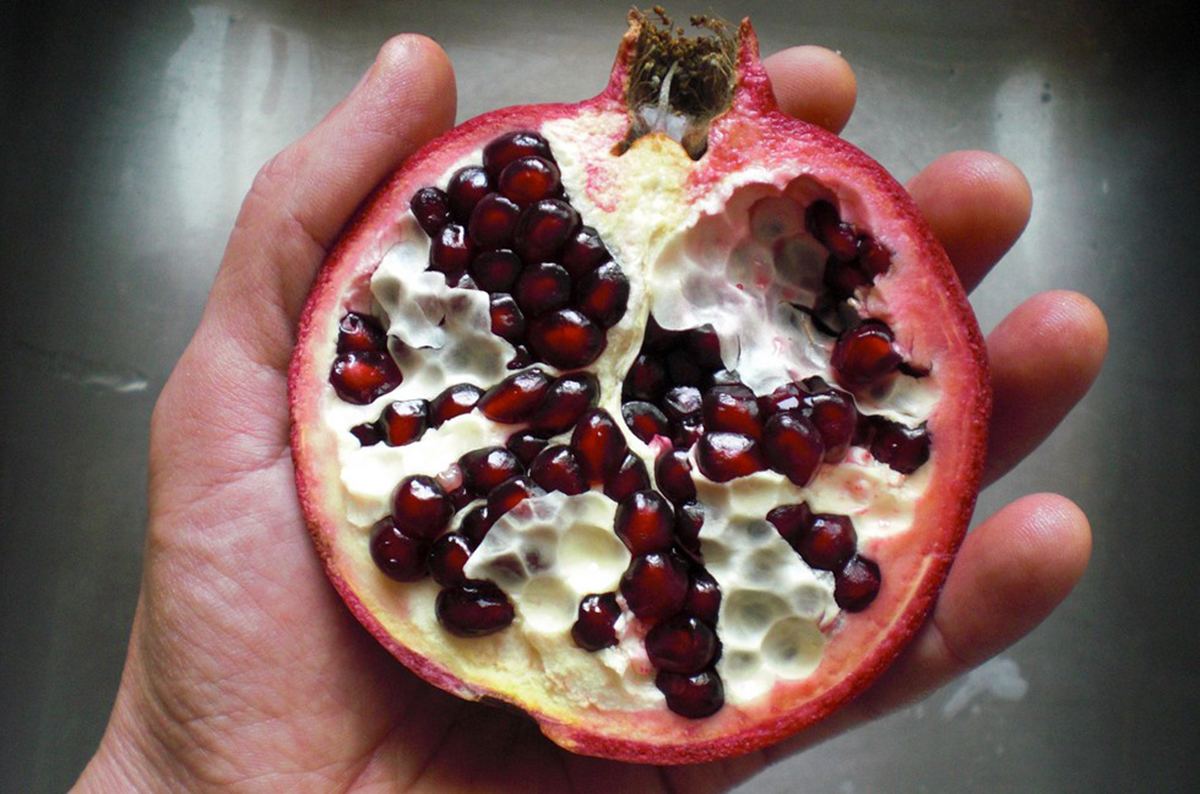Antioxidants have long been under the public eye for their alleged role in the prevention or treatment of cancer. Before we get to the details of how antioxidants might influence the effects of anticancer therapy, let us understand first the theoretical relationship between antioxidants and cancer.

Free radicals are chemical species with high reactivity that exist normally in our body. In fact, they are crucial for certain biological processes. However, like many things in life, an excessive amount of free radicals can be harmful, as it damages important components of cells. The damage caused to DNA is particularly worrying, as it may lead to the development of cancer.
Antioxidants, cancer development, and cancer prevention
Antioxidants are also naturally occurring chemicals, which aroused the interest of scientists because of their ability to combine with and neutralize free radicals. By exerting this action over free radicals, antioxidants preclude their damaging effects over cells. Antioxidants come from two sources: some are produced by our body (the endogenous antioxidants), but the great majority is obtained from our diet (the exogenous antioxidants).
Among the most relevant dietary antioxidants are beta-carotene and vitamins A, C and E.
The chemical relation between free radicals and antioxidants obviously sparked the question of whether antioxidants could have a role in preventing the cancerous consequences of free radical-induced cellular damages. Several large scale randomized controlled clinical trials, which constitute the hallmark of medical research because of their ability to provide reliable evidence, were then conducted worldwide. Overall, these trials were trying to find if antioxidant supplementation would in fact decrease the incidence or risk of certain types of cancer. After following thousands of patients over a large period of time, researchers came to the perhaps discouraging conclusion that dietary antioxidant supplements have no beneficial effect in primary cancer prevention.
Antioxidants and cancer treatment
But what about those who already have cancer? Could antioxidants be an important adjuvant to treatment, for instances?
However, evidence that antioxidants play any one of these roles is scarce and mixed.
See Also: Antioxidants-Your Defense Against Free Radicals
In 2004, a group of researchers published in the Journal of Clinical Oncology a systematic review of the published clinical trials and observational studies investigating the effects of antioxidant supplementation in combination with conventional chemotherapy with or without radiation. It is important to note that systematic reviews are highly significant scientific tools, as they examine simultaneously all the information that exists about a given subject at a given point in time.
So, after accounting for all evidence, this team concluded that there is no proof that antioxidant supplements reduce the toxicity associated with anticancer therapy. This might be because the doses are inadequate, the potency is insufficient or these compounds simply do not exert such action. Timing of supplement intake might also be a factor to take into account. The authors suggest that supplementation might need to be introduced early in therapy, before the cumulative doses of chemotherapy and their associated adverse effects take over.
The Evidences Of Antioxidant Benefits For Cancer Patients Are Inconclusive
Three years later, another systematic review of all published randomized clinical trials was made public. This time, the aim of the investigators was to look at the existing evidence and come up with a conclusion regarding the influence of antioxidant supplementation on the efficacy of cancer chemotherapy. The main concern resided on the fact that certain chemotherapeutic agents acted by producing free radicals that destroy cancer cells and that antioxidants would, in fact, reduce the efficacy of these agents. In total, the results of 19 trials were considered.

From the 19 studies included in this review, no evidence was found that supported such concerns. Other relevant findings were made.
This enables increased or uninterrupted dosing in patients who otherwise may discontinue treatment due to side effects. Many of the trials summarized in this review also found survival and/or treatment response rates to be similar or higher in the antioxidant groups. However, the authors asks us to consider this information carefully as these trials were very diverse in terms of tumor and type of treatment, thus limiting the formulation of clear, definitive conclusions.
As mentioned above, this subject has raised interest among the scientific and patient communities and the controversy has not seized ever since. More recently, in 2013, yet another review was carried out to evaluate if, under the light of the newest evidence, antioxidants alter the efficacy of chemotherapy or not. The conclusions of this review were very similar to those of the review conducted in 2007.
Synthetic vs. natural antioxidants
The debate on the efficacy and safety of synthetic versus natural antioxidants is enduring. Natural antioxidants are primarily found in whole foods such as fruits, vegetables, and grains. Examples include vitamin C from citrus fruits and polyphenols from tea. In contrast, synthetic antioxidants are man-made, often formulated as supplements or used as food preservatives like butylated hydroxyanisole (BHA) and butylated hydroxytoluene (BHT).
Typically, natural antioxidants from whole foods are believed to be better absorbed by the body because they're combined with other beneficial compounds like fiber. On the other hand, the body might not efficiently recognize or absorb synthetic antioxidants.
There's also a risk associated with potency; synthetic antioxidants often have much higher potencies, which isn't always advantageous. In fact, high doses can be harmful, as seen with excessive intake of synthetic beta-carotene leading to increased lung cancer risk in smokers.
A significant distinction lies in the holistic benefits. Whole foods provide a blend of nutrients, fibers, and antioxidants that work synergistically, delivering health benefits that often stem from the combination of these compounds. In contrast, synthetic antioxidants, while consistent and stable, offer isolated compounds, missing the synergistic benefits of whole foods.
The extent of antioxidant benefits in cancer treatment remains unclear
Many of the studies indicate that antioxidant supplementation results in either increased survival times, increased tumor response, or both, as well as fewer toxicities than controls. In some of the last systematic reviews on this specific topic there is no evidence of antioxidant interference with chemotherapy mechanisms, with a possibility that antioxidants may even improve tumor response or patient survival. Nevertheless, data must be looked at with care. This evidence is highly limited by quality and sample size (number of patients in the trials).
See Also: A Delicate Balance of Antioxidants May Determine Recurrence of Breast Cancer
Until more is known about the effects of antioxidant supplements in cancer patients, these supplements should be used with caution. Cancer patients should inform their doctors about their use of any dietary supplement.
- FUCHS-TARLOVSKY, V. 2013. Role of antioxidants in cancer therapy. Nutrition, 29, 15–21
- LADAS, E. J., JACOBSON, J. S., KENNEDY, D. D., TEEL, K., FLEISCHAUER, A. & KELLY, K. M. 2004. Antioxidants and Cancer Therapy: A Systematic Review. Journal of Clinical Oncology, 22, 517-528
- BLOCK KI, KOCH AC, MEAD MN, TOTHY PK, NEWMAN RA & GYLLENHAAL C 2007. Impact of antioxidant supplementation on chemotherapeutic efficacy: A systematic review of the evidence from randomized controlled trials. Cancer Treatment Reviews, 33, 407-418.
- Photo courtesy of Ano Lobb by Flickr : www.flickr.com/photos/27384147@N02/5285930549
- Photo courtesy of michael davis-burchat by Flickr : www.flickr.com/photos/curious_e/10473684103

